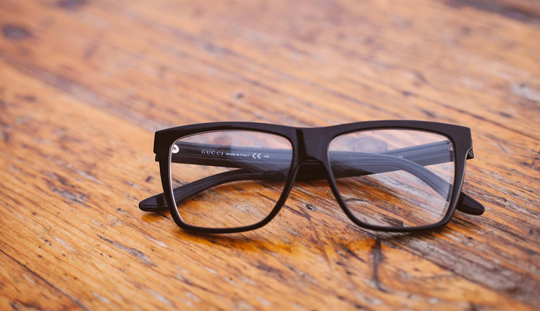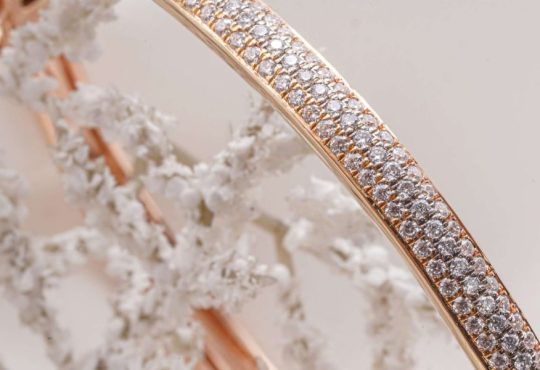Sustainable Luxury: The Emergence of Eco-Conscious and Ethical Luxury Brands

The concept of luxury has traditionally been associated with excess and extravagance. However, in recent years, there has been a shift towards sustainable luxury, where eco-conscious and ethical practices are at the forefront of luxury brands. This emerging trend is a response to the growing consumer demand for products that are both luxurious and environmentally friendly.
What is Sustainable Luxury?
Sustainable luxury refers to luxury brands that prioritize sustainability and ethical practices in their production processes. These brands are committed to minimizing their environmental impact, promoting social responsibility, and ensuring the well-being of their workers.
Some of the key practices that sustainable luxury brands adopt include:
- Using sustainable materials such as organic cotton, recycled polyester, and biodegradable fabrics.
- Reducing waste and carbon emissions through sustainable manufacturing processes.
- Promoting ethical labor practices and fair wages for workers.
- Supporting local communities and sourcing materials locally.
The Benefits of Sustainable Luxury
Sustainable luxury offers several benefits to both the environment and society. By adopting sustainable practices, luxury brands can reduce their environmental impact and create products that are both luxurious and eco-friendly. This not only appeals to eco-conscious consumers but also helps to promote a more sustainable future.
Furthermore, sustainable luxury brands are often committed to promoting ethical labor practices and fair wages for workers. This helps to support local communities and promote social responsibility, which is increasingly important to consumers.
Examples of Sustainable Luxury Brands
There are several luxury brands that have embraced sustainable practices and are leading the way in sustainable luxury. Here are some examples:
- Stella McCartney: The British fashion designer is known for her commitment to sustainability and ethical practices. She uses sustainable materials such as organic cotton and recycled polyester and is committed to reducing waste and carbon emissions.
- Patagonia: The outdoor clothing brand is committed to promoting sustainability and ethical practices. They use sustainable materials and are committed to reducing waste and carbon emissions. They are also actively involved in environmental activism and have donated millions of dollars to environmental causes.
- Veja: The French sneaker brand is committed to using sustainable materials and promoting ethical labor practices. They use sustainably sourced materials such as organic cotton and fair-trade rubber and are committed to reducing their environmental impact.
Sustainable luxury is an emerging trend in the luxury industry that is driven by growing consumer demand for eco-conscious and ethical products. Luxury brands that prioritize sustainability and ethical practices are not only appealing to eco-conscious consumers but are also promoting a more sustainable future. By adopting sustainable practices, luxury brands can reduce their environmental impact, promote social responsibility, and create products that are both luxurious and eco-friendly.








